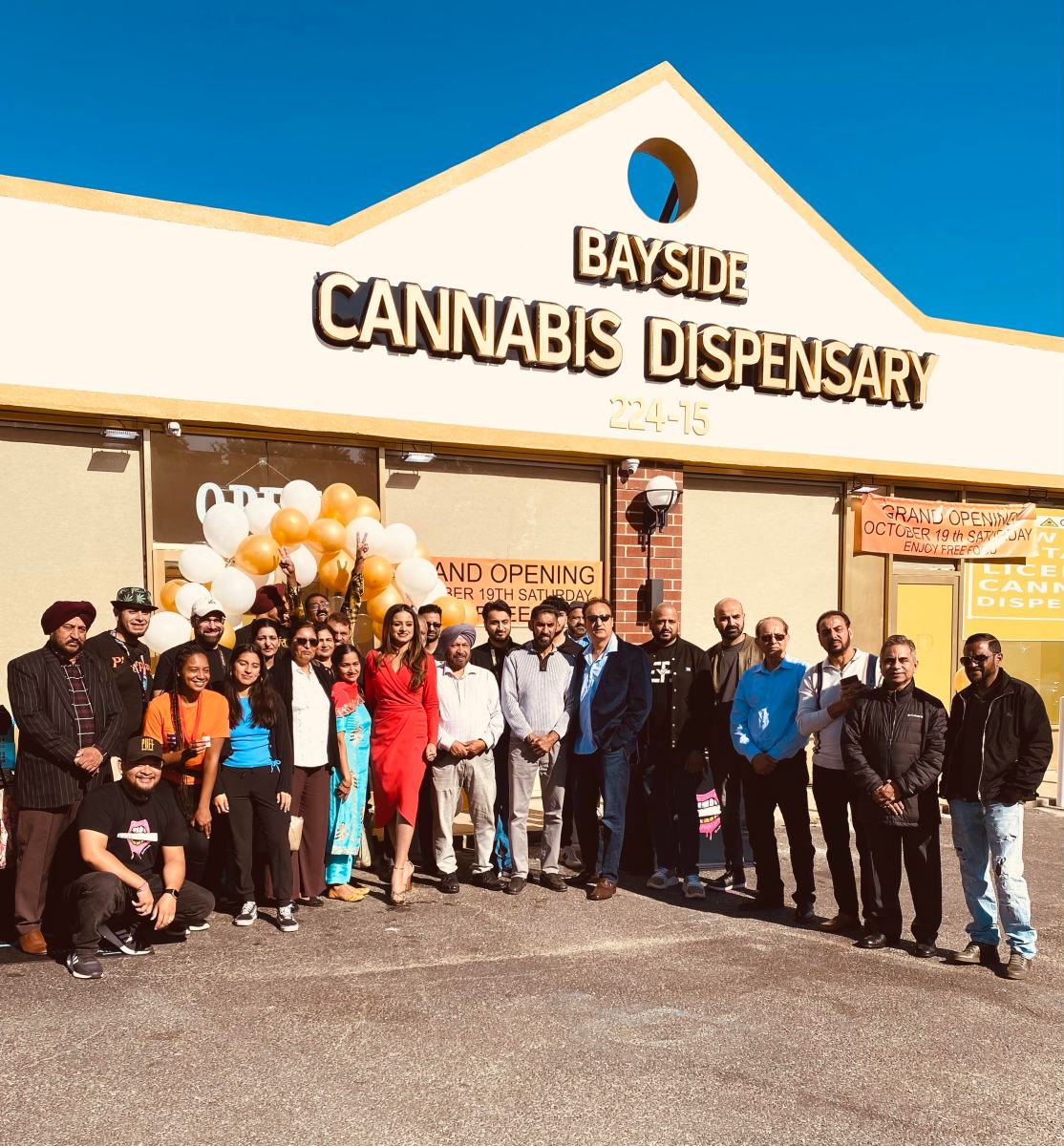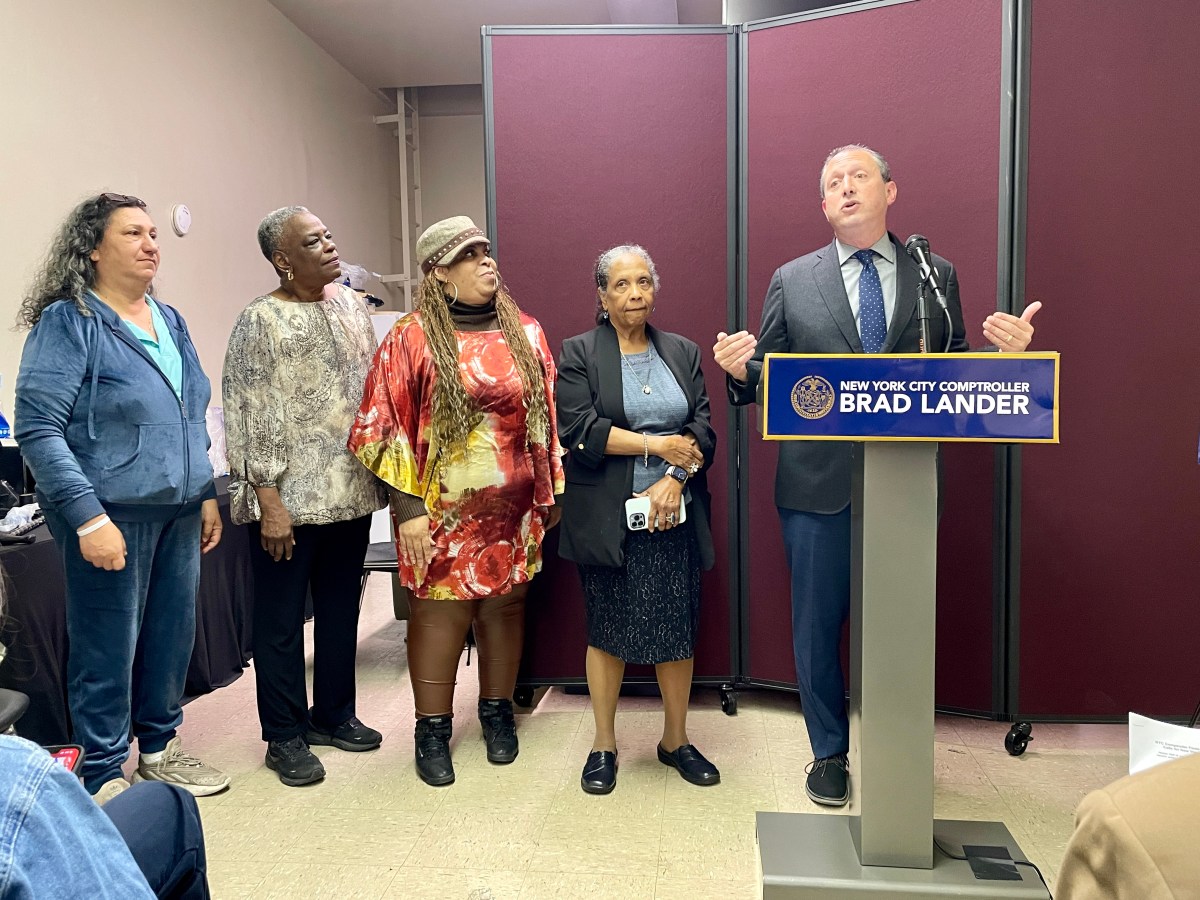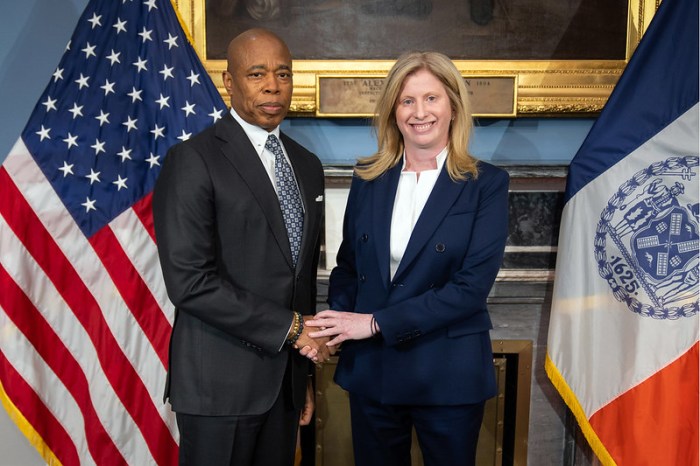If you love the theater and ensuring that guests enjoy themselves, a career in entertainment hospitality could be right for you. However, some firms seem harder than Hollywood to get into. Julie Rose, founder and president of Sweet Hospitality Group, talked to us about what it takes to get a job as a field operations manager at her company, which handles concessions for spaces such as The New Amsterdam Theater and Studio 54. The position is full-time in the field, Tuesday through Saturday from 1-9 p.m., though Rose declined to disclose its salary. Sweet Hospitality, based in Times Square, was founded in 1986 and currently hires about 60-75 employees in a year.
What does Sweet Hospitality do?
The reason why [a venue] hires us is because they don’t want to do the food and beverage service. We hire the staff, we make sure that all the Health [Department] requirements [are met], that we get As (we’ve gotten straight As in every single theater) and a lot of times we take over the other types of services. We do a lot of catering at our places, we do the head checks, we do the coat checks, we do the VIP rooms. They hire us to take care of all that so they can do the business of running their theater.
What does the field operations manager position entail?
The operations manager is in charge of making sure the day-to-day of each theater runs smoothly. … They handle the staffing and run a weekly managers meeting to implement new policies and procedures and discuss various topics.
What should a candidate have a degree in?
For me it’s more theater, a person that has an entertainment background. Not so much hospitality because we’re really looking for people that understand theater. It seems that the people that have worked best for us have been people that are actors or people that are related in the entertainment industry because they understand the needs of theater. They also have to liaison with the theater management, and if you don’t talk the lingo you’re not going to be successful. It’s such a niche business.
Who would be a qualified candidate?
We typically hire and promote from within — we identify our top employees and provide management and operations training to supplement their food and beverage service experience. Therefore the most traditional way to get a theater operations job with us is to start as a part-time bartender. However, we are always looking for qualified candidates and love receiving resumes for consideration when a position opens up. If we need to hire from the outside we will often post on online job boards.
What is your hiring process like?
Our hiring process is fairly traditional — we would like to receive a resume of your related hospitality, management and/or operations experience; cover letter summarizing your interest in the position and theater; and upon reviewing those we would offer an applicant an interview to determine fit.
What do you look for in a cover letter?
Creativity! We look for that in everything. We can also look at the ability to write in a cover letter or resume — proper spelling, grammar and attention to detail. We always have to have effective communication with our staff and theater management.
What personality traits do you look for in an interview?
We look for somebody that has an eye toward detail [and] has management skills because you have to be able to get people to do things. We also look for somebody that’s a great communicator, that’s going to be able to communicate with the theater. We look for somebody that has a gravitas that somebody’s going to take seriously, that theater managers are going to feel like, ‘Yea, somebody’s in charge. We’ve got somebody that’s going to be able to take care of us.’ They have to have experience managing. They’re going to be responsible for 125 people. And they have to understand what we do. That’s why it’s good for somebody that’s worked for us already.
How do you think someone should dress for it?
They have to look professional. I think nice slacks, a button-down shirt, a sports jacket, possibly a tie. If they could give off a creative air that would be good, too. For women, not to business-y, not too corporate, but professional; more artsy but professional.
Do you have any tips for recent grads?
When you send a resume or a cover letter make sure there’s absolutely no typos or anything wrong in it because there’s so many people [we’re] looking through so you have to start some place for weeding out. Just keep looking and talk to all their friends and parents’ friends and anyone they possibly know because people are all connected. And be willing to do anything.


































